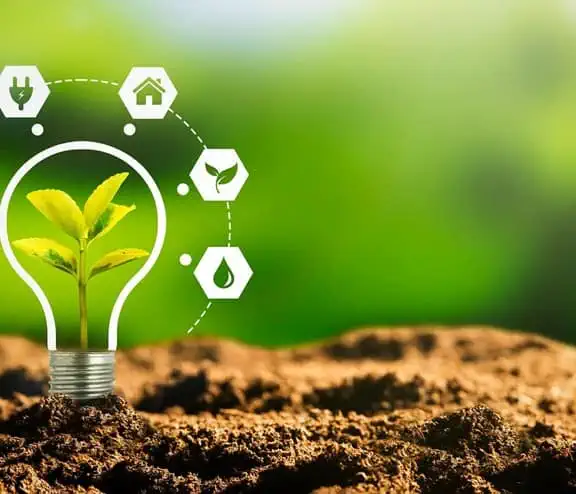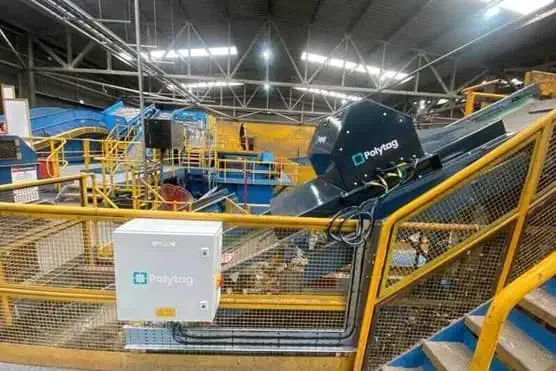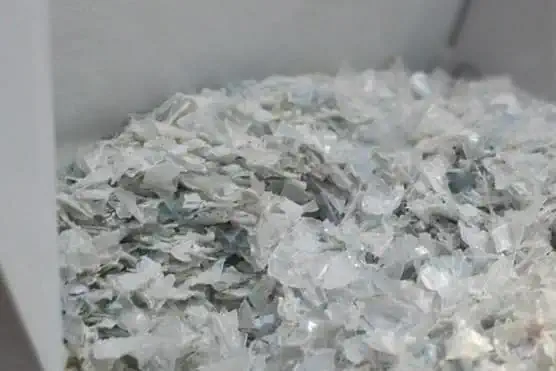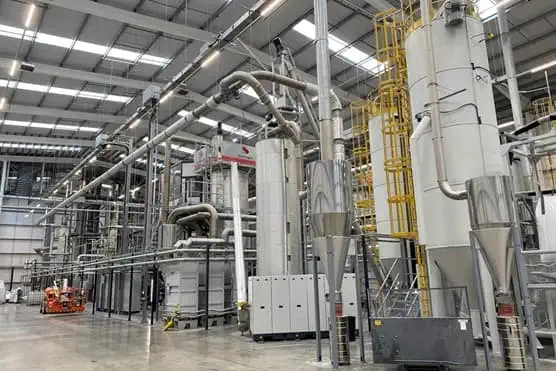
Sustainability measurement and reporting
What does sustainability mean to you?
Sustainability is all about living within the means of this beautiful planet that we're privileged to inhabit, making sure that we leave it in a better state for future generations. So, it's about making sure that we're not degrading nature, that we're using the resources that are available sensibly, while continuously making improvements.Sustainability is about finding a balance between economic growth, protecting the environment, and social well-being. We’re on a journey in many areas learning as we go. And we need accurate and consistent data to inform our decisions and improve.
Who must report on sustainability?
Most larger organisations operating in the UK are mandated to report on the emissions they create, and that are created by the organisations that work with them; usually if a company has over £36 million in turnover, or over 250 employees but this varies depending on reporting framework. At Biffa, we’ve been measuring our scope 1 and 2 emissions for the last 20 years. Scope 1 and 2 cover the direct and indirect emissions created by a company in its operations.Smaller and smaller organisations are also getting involved. As a sustainability professional with over 25 years in the industry, it is amazing to see accessible sustainability reporting and improvement tools established in the market. It shows that even businesses that are not mandated want to measure their impact on the environment, even in a tough economic environment.
What are Scope 3 emissions?
Scope 3 emissions are those created by an organisation’s suppliers in the provision of services and products for that organisation. They were introduced as an expansion on scope 1 and 2 to give a more comprehensive view of the total carbon emitted by organisation in the delivery of its products and services, including its supply chain.
This was an essential improvement as some industries and business models have smaller operations -producing low levels of Scope 1 and 2 emissions just running an office for example - but be commissioning logistical operations spanning the globe. Scope 3 gives us the bigger picture, so consistent and robust data is essential.
This is why organisations like the Science Based Targets initiative (SBTi) are important – they validate targets to ensure that they are science-based and support the Paris Agreement’s goal of limiting global warming to well below 2°C. Biffa’s near-term scope 1,2 and 3 emissions reduction targets have been validated by the Science Based Targets initiative.
What can be done about Scope 3 emissions?
At Biffa, now our targets have been independently validated, we are starting to work with our supply chain to ensure their reporting systems are equally effective. We plan to engage with our sustainability and procurement teams at an event next year to look at our major suppliers’ emissions, to ensure they have robust measurement systems in place. This is also an opportunity for them to showcase some of the action they are taking to reduce emissions.
At Biffa, we want to work with organisations that share our values and are committed to change. We’re proud of our customer partnerships and collaborative projects, exploring the ways waste can impact the UK circular economy and finding innovative new ways to make a difference. We want the same relationship with our suppliers. Working together is key, even small steps will make a difference.

What are the challenges with measuring Scope 3?
We're all part of a global supply chain these days. For example, our work laptops are manufactured using chips from Silicon Valley or East Asia, then shipped around the globe. As are all the other components. Then the computer is assembled and shipped to the end user. This complex journey makes getting standardised and accurate data challenging.
There are hundreds of thousands of smaller businesses in the UK that are collectively producing carbon emissions, potentially totalling more than the larger organisations are mandated to report.
This is why engagement from smaller businesses with sustainability measurement and improvement tools such as Zellar is so exciting because it shows the technology exists and people want to take action. Zellar is a platform that enables SMEs to measure, plan, activate, report and share their business’ sustainability journey.
Is sustainability just about Net Zero?
Sustainability is about finding balance, so it’s not just about one thing. There's scientific consensus that climate change is contributing to the increased frequency and severity of extreme weather conditions around the world, so Net Zero is clearly critical to the survival of the natural world and our way of life. But sustainability is more than greenhouse gases and carbon emissions.
At Biffa, we have three pillars to our sustainability strategy. First is enabling a circular economy to help ensure valuable resources are not wasted. Second is tackling climate change, and third is caring for our people and supporting local communities, to ensure we have a positive impact on people’s lives and the natural world. In this context, sustainability is about optimising resources, protecting the environment, and empowering communities. Net Zero is one important part of our strategy, but a sustainability strategy is bigger than that.
Discover what happened at Biffa's Waste Net Zero 2023 conference
How is a sustainability strategy measured?
At Biffa, we have carefully selected performance indicators that are relevant to our sustainability strategy pillars. From measuring our fleet electrification and reporting on increases in our collection routes efficiency to counting our Biffa Bees hotels and recording different species at our rewilded landfill sites. We also measure staff training, our investment in communities, and our progress in encouraging biodiversity. Naturally, reducing carbon emissions is a critical measure and we’re delighted to have reduced our total emissions by almost 30% compared to our 2019 baseline.
How can businesses improve their sustainability measurement?
Biffa’s sustainability strategy has been developed to continuously improve the positive impact of our business and operations on the environment and the community. Our targets, measurement and reporting reflect the fact our operations involve 10,000 people and span 95% of UK. Sectors and even individual organisations are unique, so a bespoke strategy should reflect the unique way they use resource, create emissions and impact communities.
For larger businesses this can be a significant effort and many choose to have a dedicated team to capture and analyse data. Smaller businesses can get involved by identifying how they make an impact, choosing the areas they want to improve, and setting targets. It doesn’t have to be lots of big changes - a sustainability strategy can start with something as simple as reducing general waste and increasing recycling.
Each time a small business chooses to recycle through Biffa they are participating in the circular economy. They are protecting resources and their local environment. Although larger companies have complex reporting systems, any business can start their sustainability journey by recycling. Small steps can lead to big change when we make them together.




